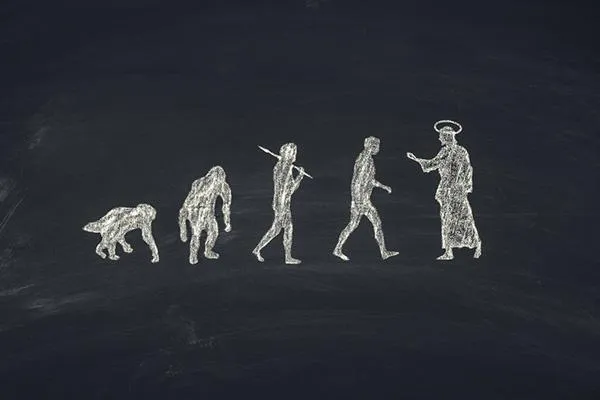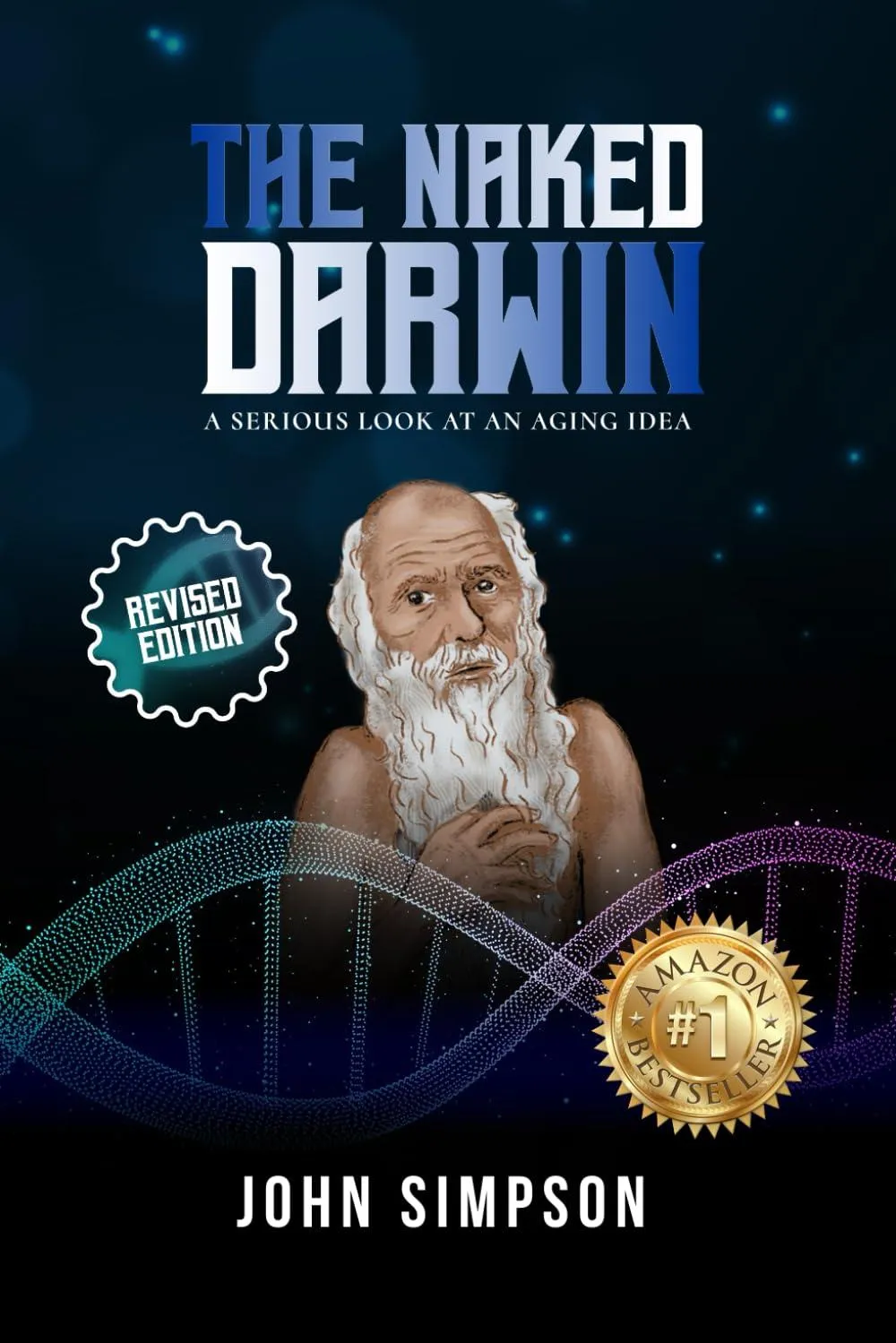
A Trial Worth Learning About - Part 3
July 1925 in Dayton, TN., folks thought that the trial, that had been so exciting, was going to come to an anti-climactic end.
Friday before the second weekend of the trial, H. L. Mencken left town thinking that ‘Genesis’ had won and there was nothing much worth his waiting for. But had he known what Darrow was planning over the weekend, why he surely would have stayed for the fireworks that were to come. Over that weekend Darrow began to assemble his questions for the man who would be his “star” witness for the defense, none other than the celebrity who sat at the table for the prosecution, William Jennings Bryan. Bryan was always ready to defend Christianity and was not afraid of facing Darrow with his questions, but Bryan was going to be on the witness stand. He should have seen the trap that had been set for him. He should have refused. Tom Stewart, the lead prosecutor, tried to stop him, but could not. Bryan agreed, in part, because he believed he would get to examine Darrow and his team before closing arguments were made, but that never happened. Earlier he had said, “They did not come here to try this case,….They came here to try revealed religion. I am here to defend it, and they can ask me any questions they please.”
Bryan was a conservative Christian of his day, although not quite the fundamentalist that many in rural Tennessee were. (Byan would alienate many of his followers, when during his testimony, he would answer that the six days of Genesis were long periods of time and not twenty-four hour days). He was always ready to debate an agnostic or evolutionist, but by allowing himself to be on the witness stand there would be no debate, no give and take. Darrow would be able to ask Bryan all manner of difficult questions about the Bible, but Bryan would not be able to come back with difficult questions for Darrow to answer regarding the evidence of evolution. Bryan was at the mercy of Darrow’s interrogation, and Darrow was not going to show any mercy. The following is an example of Darrow’s questioning from the trial as recorded in Edwar Larson’s book Summer For The Gods:
Darrow asked, “Do you believe Joshua made the sun stand still?” Bryan replied, “I believe what the Bible says. I suppose you mean that the earth stood still?” Bryan, on the fly, is trying to defend Biblical literalism given our understanding of the solar system. Darrow would bore in, “If the day was lengthened by stopping either the earth or the sun, it must have been the earth?” Bryan replied, “Well, I should say so.” Having given ground, Darrow came next with, “Now, Mr. Bryan, have you ever pondered what would have happened to the earth if it had stood still?” This was the line that Darrow took for two hours. Bryan was forced to give ground on literal readings from Genesis, and in the process show that those words were up for interpretation. If that was so, then why can’t other Christians find a reading in scripture that is compatible with Darwin’s ideas? This line had been part of the defense strategy from the beginning, that is, that Bryan and the Tennessee law were imposing one reading of scripture on the public, and Christians of different stripes should be allowed to read the Bible in a way that did not conflict with Darwin’s take on evolution.
After two hours of this, the judge called a halt. Darrow had come to Dayton to attack Christianity, and he did, and in his mind, succeeded. Nothing in Darrow’s questioning of Bryan had anything to do with the central issue of the trial, or, for that matter, evolution. Darrow wrote to Mencken that, “I made up my mind to show the country what an ignoramus he was and I succeeded.” The following day, because the judge did not believe that Bryan’s testimony was pertinent to the issue of the trial, he had his testimony expunged. Darrow had no more witnesses to call and advised that the jury could be brought in, and Scopes found guilty. With that maneuver, Bryan was deprived of any closing statement. He had planned all along to answer Darrow with an oration after the defense’s closing arguments, but Darrow outsmarted him tactically.
Scopes was found guilty and fined $100 dollars; Bryan paid the fine on his behalf.
In the aftermath of the trial both sides would see a victory. The prosecution saw Scopes convicted and Christianity well defended by Bryan, and the defense would see a moral victory wherein Bryan’s fundamentalism and ignorance were exposed by Darrow. But really, the trial did not settle anything. While the fundamentalist movement, in the years following the trial, turned inward it continued to oppose the teaching of evolution in the public schools. The ACLU continued to defend that teaching since they saw evolution as a fact of modern science and only ignorant hillbillies could oppose it.
Bryan died five days after the trial and his death became linked to the stress of Darrow’s examination of him on the witness stand. For many he became a martyr for the cause of the Faith. His body went by train from Dayton to Washington D C where he was buried in Arlington National Cemetery.
Darrow’s further involvement in the appeals process was opposed by many in the ACLU because he took their test case on free-speech and turned it into an attack on the country’s religion. They tried hard to get him thrown off the case, but Darrow was more than they could maneuver out of the way.
The play Inherit The Wind would defame the people of Dayton, TN. Instead of the blood lust depicted in their play, the atmosphere during the trial was more like a carnival. William Jennings Bryan, no fool, would be turned into a laughingstock. Bryan was outmatched by Darrow, but he had placed himself in an unwinnable position. Anyone who has seen the play or a movie version of it knows how awful he is made to look. It is so ludicrous and unfair that a critic of Bryan, on seeing how the play depicted him at the end of his testimony, walked out of the theater in disgust. In the play as Darrow keeps at him, Bryan loses his composure and starts reciting the books of the Bible, then to his wife, who he refers to as mother, he laments that people are laughing at him. She must comfort him. Here is the last part of Act II of the play: Mrs. Brady (soothing) It’s all right, baby. It’s all right. (Mrs. Brady sways gently back and forth, as if rocking her husband to sleep) Baby…Baby…! The curtain falls.
For more on how the Monkey Trial and the play Inherit The Wind figure in the story of evolution, please click and order a copy of The Naked Darwin now, and thanks for reading.


